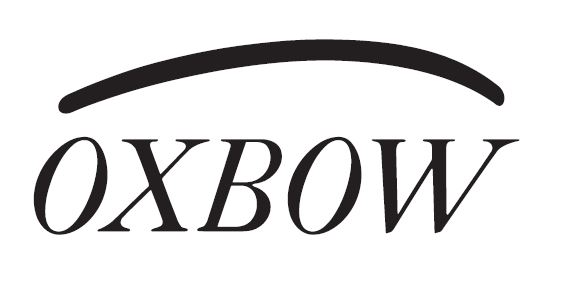

OXBOW SAS

Nouvelle-Aquitaine, France
July 2023
Textiles
Wholesale/Retail
France
Rider & surfer. Oxbow est une marque française « d’action sports ». Le surf, wind, kite, snowboard et ski coulent dans nos veines depuis 1985, raison pour laquelle nous développons des produits pour tous ceux qui adorent être en montagne ou dans l’eau, été comme hiver. Nos terrains de jeux sont aussi grands que fragiles et nous faisons tout notre possible pour les protéger et continuer à avoir du phun! On aime tellement rider qu’on à choisi d’organiser notre vie autour de la glisse pour profiter de chaque bonne session avec la famille et/ou les amis. Avec nous, les oxbow people,qui représentent la marque et dont on partage les passions et les valeurs. L’aventure, le plaisir et le respect sont la priorité et constituent l’ADN de nos produits et des projets initiés par Oxbow. Notre but est de permettre aux passionnés de rider dans les meilleures conditions quel que soit l’endroit où le moment. Oxbow sera toujours en support de la scène européenne du « progressive outdoor » pour alimenter cette énergie née il y a 35 ans !
Overall B Impact Score
Governance 16.5
Governance evaluates a company's overall mission, engagement around its social/environmental impact, ethics, and transparency. This section also evaluates the ability of a company to protect their mission and formally consider stakeholders in decision making through their corporate structure (e.g. benefit corporation) or corporate governing documents.
What is this? A company with an Impact Business Model is intentionally designed to create a specific positive outcome for one of its stakeholders - such as workers, community, environment, or customers.
Workers 25.3
Workers evaluates a company’s contributions to its employees’ financial security, health & safety, wellness, career development, and engagement & satisfaction. In addition, this section recognizes business models designed to benefit workers, such as companies that are at least 40% owned by non-executive employees and those that have workforce development programs to support individuals with barriers to employment.
Community 16.0
Community evaluates a company’s engagement with and impact on the communities in which it operates, hires from, and sources from. Topics include diversity, equity & inclusion, economic impact, civic engagement, charitable giving, and supply chain management. In addition, this section recognizes business models that are designed to address specific community-oriented problems, such as poverty alleviation through fair trade sourcing or distribution via microenterprises, producer cooperative models, locally focused economic development, and formal charitable giving commitments.
Environment 29.0
Environment evaluates a company’s overall environmental management practices as well as its impact on the air, climate, water, land, and biodiversity. This includes the direct impact of a company’s operations and, when applicable its supply chain and distribution channels. This section also recognizes companies with environmentally innovative production processes and those that sell products or services that have a positive environmental impact. Some examples might include products and services that create renewable energy, reduce consumption or waste, conserve land or wildlife, provide less toxic alternatives to the market, or educate people about environmental problems.
What is this? A company with an Impact Business Model is intentionally designed to create a specific positive outcome for one of its stakeholders - such as workers, community, environment, or customers.
Customers 4.7
Customers evaluates a company’s stewardship of its customers through the quality of its products and services, ethical marketing, data privacy and security, and feedback channels. In addition, this section recognizes products or services that are designed to address a particular social problem for or through its customers, such as health or educational products, arts & media products, serving underserved customers/clients, and services that improve the social impact of other businesses or organizations.
What is this? A company with an Impact Business Model is intentionally designed to create a specific positive outcome for one of its stakeholders - such as workers, community, environment, or customers.